
For a complete overview of all the GLAA institutions language offerings including GLCA domestic colleges, see the table here.
Global Liberal Arts Alliance (GLAA)
Established in 1995, Al Akhawayn University in Ifrane (AUI) is an independent, public, not-for-profit, coeducational Moroccan university committed to educating future citizen-leaders of Morocco and the world through a globally oriented, English-language, liberal-arts curriculum based on the American system. The University enhances Morocco and engages the world through leading-edge educational and research programs, including continuing and executive education, upholds the highest academic and ethical standards, and promotes equity and social responsibility. AUI presently has 138 faculty members from 15 different countries and 1764 students who are from Morocco and 21 other nations. The University offers 7 Bachelor and 12 Master degree programs in its three schools: Business Administration, Humanities and Social Sciences, and Science and Engineering, and its Executive Education Center.
English and French (Language of Instruction) plus Spanish and Berber
Spanish
SPN 1301 Beginning Spanish I
SPN 1302 Beginning Spanish II
SPN 2303 Intermediate Spanish
SPN 2310 Advanced Spanish
Berber
BRB 1301 Beginning Berber I
BRB 1302 Beginning Berber II
The American College of Greece (ACG) was founded in 1875 in Smyrna, Asia Minor as a school for girls by American, Congregational, women missionaries. In 1922 the College relocated to Athens, Greece. In 1961 the College began its operation under an independent, self-perpetuating board of trustees. The College moved to its current 64-acre main campus on Mt. Hymettus overlooking Athens in 1965; a downtown campus was added in 1993. ACG has two educational divisions: PIERCE, one of Greece’s premier private high schools (800 students in grades 7-12) and DEREE, the higher education division, which offers 21 undergraduate majors in the arts and sciences and business and six masters degree programs in applied psychology, business, communication, finance, leadership, and marketing. In 1981 DEREE became the first international American college or university to be accredited by the New England Association of Schools and Colleges. Currently DEREE enrolls over 3,000 students from 56 countries, making it the largest American college or university in Europe. Thirty-three thousand ACG alumni serve in Greece and around the world in virtually every field of human endeavor.
There is no collective website for the languages/Modern Languages on ACG’s site. I found German, French, Italian, Modern Greek, Spanish, each levels 1-3 plus Business language.
The American University in Bulgaria (AUBG) is a selective and residential liberal arts institution that was established in 1991 to educate students of outstanding potential in a community of academic excellence, diversity, and respect and to prepare them for democratic and ethical leadership in serving the needs of the region and the world. AUBG is accredited both in the US and in Bulgaria. Courses are taught in English by high-quality faculty coming from four continents, experienced in teaching in a multicultural, learner-centered environment. Currently, there are about 1,100 students studying at AUBG, representing 40 countries. It offers 9 undergraduate programs in Business Administration, Computer Science, Economics, European Studies, History and Civilizations, Information Systems, Journalism and Mass Communication, Mathematics, Political Science and International Relations, and an Executive Master of Business Administration (EMBA) program. The success of the University is attested by the 3,000 alumni who have already found their place in prestigious companies, started their own successful businesses, or have continued their education at renowned universities worldwide. Even Bulgaria’s newly launched university ranking system recognized the quality of education at AUBG. The University leads all Bulgarian universities in terms of the employability of its graduates and the incomes they earn, according to the system.
Modern Languages Sub-Department
The Minor in Modern Languages and Cultures at AUBG is an interdisciplinary program for students who wish to acquire linguistic, cultural and literary proficiency in one of the following languages: German, French, Spanish or Bulgarian. It can be easily combined with many disciplines offered at AUBG such as Business Administration, Economics, Journalism and Mass Communication, European Studies and Political Science and International Relations.
Founded in 1919, The American University in Cairo (AUC) is an independent and non-profit university that promotes the ideals of American liberal arts, professional education, lifelong learning, and service to Egypt and the region. The AUC has 435 faculty members and 6064 students who are mostly from Egypt and the United States. Thirty undergraduate majors, including Business Administration, Journalism & Mass Communication, Mechanical Engineering and Political Science, and twenty-seven graduate majors, including Business Administration, Political Science, Computer Science, Mass Communication and Middle East Studies, are offered at AUC.
Center for Arabic Language Instruction
No other languages are offered as majors/minors.
Founded in 1866, the American University of Beirut bases its educational philosophy, standards, and practices on the American liberal arts model of higher education. A teaching-centered research university, AUB has around 700 instructional faculty members, a student body of around 8,000 men and women, and a major medical center that serves Lebanon and the region. Professional schools include engineering, medicine, business, agriculture and food sciences, health sciences, and arts and sciences. The University encourages freedom of thought and expression and seeks to graduate men and women committed to creative and critical thinking, life-long learning, personal integrity, civic responsibility and leadership.
Arabic Language Studies
English
No other languages for study are offered.
The American University of Nigeria (AUN) was established in 2005 to serve as an agent of economic development, and a model of post-secondary education for Nigeria and the region, provide the skills and leadership essential to solving the continent’s pressing problems, and equip students with tools to achieve both personal and material success. The AUN presently has 72 faculty members and 1188 students from Nigeria, Ghana, the United States, Pakistan, Lebanon and Zambia. It has 15 undergraduate majors, and Computer Science, Information Systems and Software Engineering majors, housed within the School of Information Technology and Communications, are the largest programs of study.
English Literature
Minors are not listed, but judging by the Gen Ed program, French is offered.
The American University of Paris (AUP) fast approaching its 50th anniversary, was founded by an American foreign service officer who believed, after World War II, that American students required a different kind of education, one that would “de-provincialize” them, awaken them to cultural differences, and prepare them to take their places in a world held increasingly in common. Once a two-year institution for the children of expatriate Americans returning to the States via articulation agreements with Ivy League schools, AUP is today a master’s university, home to students from 100 different nationalities, and faculty from 30, fourteen different undergraduate majors and nine master’s programs. A survey of entering-class languages and dialects taken annually between 2001 and 2009 reveals that 89 different languages were represented on our campus between those dates—the figure rises to 97 if one factors in the results of a faculty language survey taken in 2002. AUP is one of the most genuinely diverse, and thereby pedagogically rich, small liberal arts institutions in the world today. The mix of ethnicities, nationalities, languages, cultures and faiths that characterize the AUP classroom makes this University a living laboratory for higher education in a globalized world. AUP’s curriculum, from the first-year learning communities through the graduate programs, takes advantage of this diversity in its approach to issues of identity and global interdependence. Indeed, in recognition of our curricular reform, we were distinguished by the AAC&U in 2003 as one of eleven leadership schools in “Liberal Education for Global Citizenship.”
Literary and Creative Studies in the Arts in French
Minor in European Languages and Cultures: English and French, one extra language, which comes from previous language learning or while at AUP, but AUP does not seem to offer any additional languages itself.
Speaking the World = English and French and students are encouraged to take external language courses for a third or 4th language.
Ashesi University College Ashesi means “beginning” in the native Ghanaian language Akan. Founded in 2002, Ashesi is a private, non-profit liberal arts college located in Ghana, West Africa. The university’s mission is to educate a new generation of ethical and entrepreneurial leaders in Africa; to cultivate within students the critical thinking skills, the concern for others and the courage it will take to transform their continent. Ashesi has 631 students from 22 countries. The school offers a four-year bachelors program grounded in a liberal core curriculum, featuring majors in Business Administration, Management Information Systems, Computer Science, Electrical and Electronic Engineering, Computer Engineering and Mechanical Engineering. Set on 100 acres in Berekuso, overlooking Ghana’s capital city of Accra, Ashesi’s campus unites traditional Ghanaian design, modern technology and environmental best practices.
No language studies
Founded in 2005, Bratislava International School of Liberal Arts (BISLA) is the first liberal arts college in Slovakia; its undergraduate degree programs aim to convey general knowledge and develop students’ intellectual capacity. BISLA currently has 14 faculty members (5 full-time) and 55 students. It intends to remain small and international in order to maintain an environment conducive to vigorous discussions. BISLA’s core curriculum is based on political science with offerings in other social science disciplines and the humanities, namely history, philosophy, sociology, anthropology, theatre and fine arts, and literature.
No language studies other than English.
Effat University, which was founded in 1999, is the living legacy of Queen Effat’s vision for education. The institution is independent, embodies Islam’s quest for knowledge, truth and enlightenment, and educates tomorrow’s leaders by providing an interdisciplinary environment that is conducive to learning and research. Effat has a diverse group of 78 faculty members and approximately 900 female students from Africa, Asia, Europe, the Middle East and North America. The University has three colleges, namely The College of Humanities and Social Sciences, The College of Business and The College of Engineering and 12 departments with Architecture, Business programs offerings, Information Systems, and English & Translation being the largest undergraduate majors. An Executive Master for Islamic Financial Management (XIFM) program started in Fall of 2010.
English and Translation Studies only
Certificate/diploma programs in German, English, French, Turkish, Arabic for non-native speakers, Spanish, Chinese, Japanese are available, outsourced to the respective languages’ cultural institutes in the country. Information is provided through the Foreign Language Center.
Franklin University Switzerland is an American International institution of higher learning, established in 1969, whose sole campus lies in the city of Lugano, near the border with Italy. Franklin is accredited by the Middles States Commission on Higher Education in the US and its academic programs are recognized by OAQ/CUS, the Swiss accrediting agencies, making it the only institution with dual US-Swiss accreditation. Franklin’s emphasis is on international education and the liberal arts, which it integrates into a wide range of majors and interdisciplinary programs in the applied sciences and the humanities, including International Management; International Relations; International Banking and Finance; Environmental Studies; International Economics; Communications and Media Studies; Visual and Communication Arts; and Comparative Literary and Cultural Studies. This global focus can also be seen in Franklin’s signature Academic Travel Program, in which each semester all students travel with faculty to destinations around the world for field work, service learning, or cultural immersion, for a total of nearly 40 such trips each academic year. In fall 2010, the College had 50 total faculty and 450 students, approximately 65% of whom from the US, 20% from Europe and 10% from the Middle East. Nearly 85% of the student body lives in college residences, which also contributes to purposeful intercultural learning. Under the auspices of Franklin’s newly formed Taylor Institute for Global Enterprise Management, in fall 2011 Franklin will launch its first Master’s program, an MSc in International Management, which has already been accepted for inclusion under Franklin’s accreditation by Middle States.
Italian and French Studies majors
Italian, French, and German Studies minors (- however, I don’t see anybody on the faculty teaching German, it could be outsourced.)
International Christian University is Japan’s first liberal arts college. It was founded in 1953 based on Christian principles, with the aim of “cultivating capable individuals, educated as internationally minded citizens, who will serve both God and people and who will contribute to lasting peace.” ICU offers a fully bilingual education in Japanese and English. The liberal arts education, provided by its undergraduate college, allows students to pursue an in-depth study in any of approximately 30 majors. At the same time, this education highlights the dynamic possibilities that can emerge as students experience areas that transcend and connect academic disciplines. The ICU tradition emphasizes interaction, and its campus offers an environment where students can interact fluently with faculty and staff outside the classroom. This campus, without parallel, was provided to ICU in the wake of the destruction from World War II, through the generous donations of a great many people who supported the university’s founding principles.
Language Education Program does not teach a foreign language but teaches how to teach it, here only English and Japanese are listed as such courses.
John Cabot University was founded in 1972 and endeavors to provide an educational experience firmly rooted in the American tradition of the liberal arts and solidly international in orientation. The academic programs are designed to fully harness the strengths of its multicultural faculty and an international student body, as well as the extraordinarily-rich culture and history of Rome and its environs. John Cabot has over 100 faculty members (13 full-time), and 360 degree-seeking and 500 visiting students from the United States, Italy and the European Union writ large. It offers 13 majors, including International Business, Communications and International Affairs.
John Cabot in Rome, Italy offers English and Italian studies but does not teach foreign languages beyond these.
Lingnan University was originally founded in Guangzhou, China in 1888, moved to Hong Kong as Lingnan College in 1967, and became again Lingnan University in 1999. Lingnan is committed to a quality education distinguished by the best liberal arts traditions. There are approximately 2,600 undergraduate students–the majority living on campus–and 188 faculty memers. Lingnan guarantees on-campus residence for all non-local students. Liberal arts education at Lingnan University aims to instill a sense of civic duty in its students and to cultivate skills, competencies and sensibilities that enable graduates to pursue their goals in an increasingly integrated and rapidly changing social, cultural and economic environment.
Lingnan has a Department of English, of Chinese, and of Translation Studies, but teaches no additional foreign languages.
FLAME University is a state private university established at Pune (India) under the FLAME University Act 2014 of the Government of Maharashtra State (India) and is recognized by the University Grants Commission (UGC), the higher education regulator in India. FLAME University is the pioneer of liberal education in India. The University’s main objective is to offer an inter-disciplinary platform of education that provides both breadth and depth in diverse areas of knowledge, and in the process instill a habit of lifelong learning and inquiry amongst students, leading to the advancement of their well-being. The liberal education ethos at FLAME University inculcates leadership and risk-taking abilities in students and focuses on discovering one’s passion. The student-centric learning is delivered by esteemed faculty scholars in a world-class campus setting. At the core of everything FLAME University does, is a desire to give something back to society in a noble manner.
French, German, Japanese, Persian, Sanskrit, Spanish
FLAME India – Language Offerings


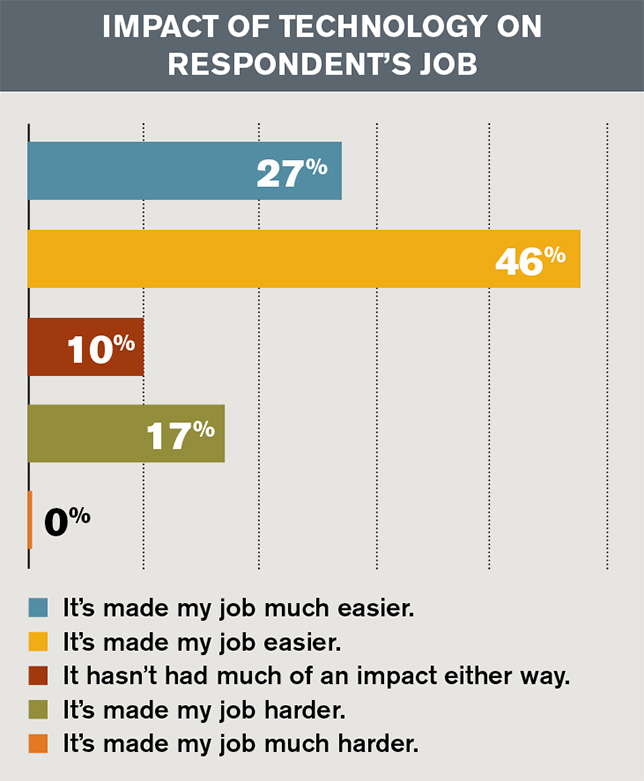
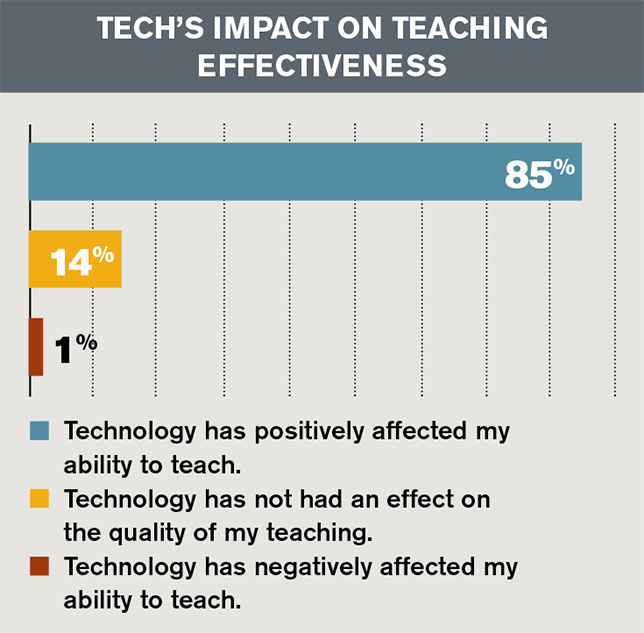
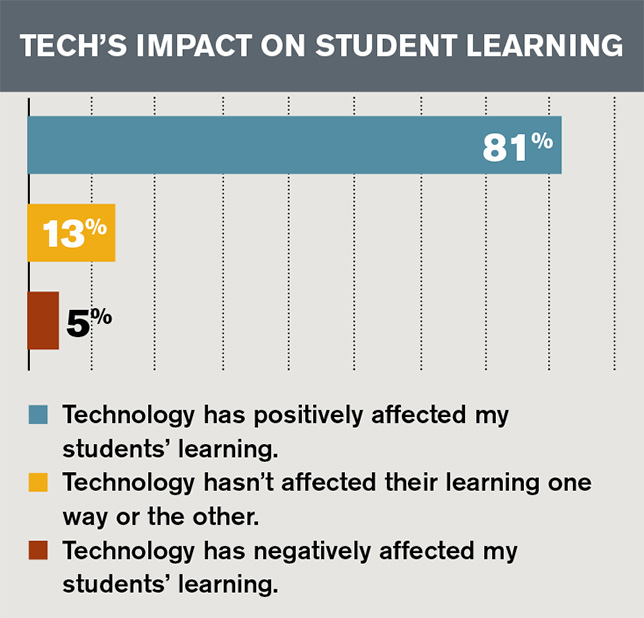
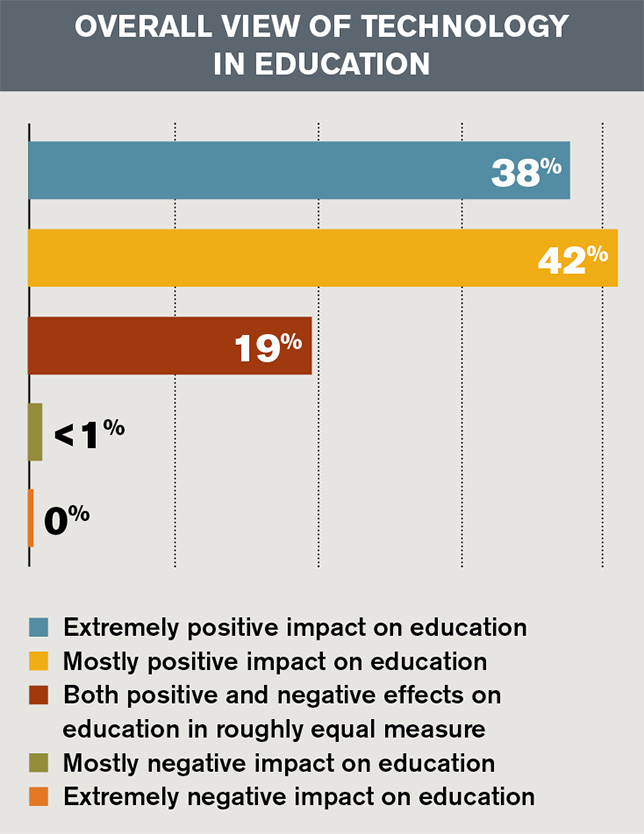
 This semester, we are able to offer two SLP courses in Arabic and two in German. Our Arab colleagues from Denison University and Earlham College,
This semester, we are able to offer two SLP courses in Arabic and two in German. Our Arab colleagues from Denison University and Earlham College, 
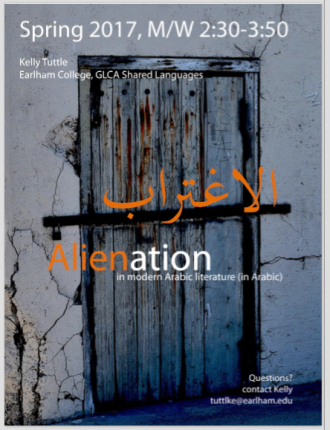

 In
In  A big thank you to all of you (we counted 96+!) for coming to our presentation as well as for your interesting and stimulating questions and comments! As promised, below you will find all the materials and the complete presentation. Please use as you deem appropriate, but do give us credit if you use the materials in their entirety or a significant amount/part of them.
A big thank you to all of you (we counted 96+!) for coming to our presentation as well as for your interesting and stimulating questions and comments! As promised, below you will find all the materials and the complete presentation. Please use as you deem appropriate, but do give us credit if you use the materials in their entirety or a significant amount/part of them.

 In September 2015, the Great Lakes College Association (GLCA) secured a major grant from the Mellon Foundation to launch its
In September 2015, the Great Lakes College Association (GLCA) secured a major grant from the Mellon Foundation to launch its  Leadership for the Global Crossroads initiative lies in the able hands of
Leadership for the Global Crossroads initiative lies in the able hands of 


